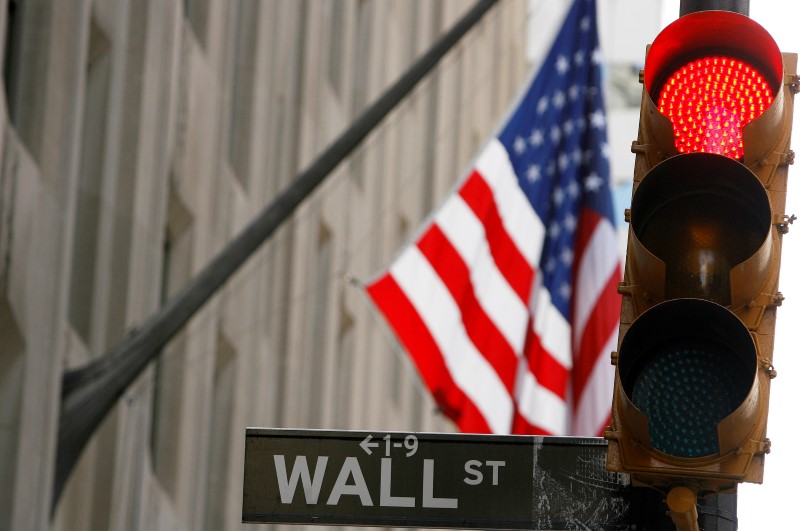Select Language

U.S. stock index futures fell on Sunday evening after Moody’s downgraded its investment grade rating on the U.S., ramping up concerns over slowing economic growth and heightened debt levels.
Comments from President Donald Trump’s administration that some U.S. companies, specifically Walmart, will have to absorb his trade tariffs, also kept investors fretting over the impact of the levies on corporate earnings.
Futures fell after Wall Street clocked a positive session on Friday, as a deescalation in the U.S.-China trade war sparked an extended rally in risk-driven stocks. But this rally was seen slowly petering out by Friday.
S&P 500 Futures fell 0.6% to 5,942.25 points, while Nasdaq 100 Futures fell 0.5% to 21,393.50 points by 19:52 ET (23:52 GMT). Dow Jones Futures fell 0.6% to 42,489.0 points.
Moody’s downgrades US rating, cites debt concerns
Moody’s downgraded the U.S. sovereign credit rating on Friday to Aa1 from Aaa, bringing the rating one notch lower from its highest rating.
The ratings agency cited concerns over the country’s growing $36 trillion debt pile, which could be exacerbated by Trump’s plans to cut taxes.
Moody’s cut was widely criticized by Trump’s administration, which touted several measures to bring down government spending and debt levels. But the measures, especially the Elon Musk-led Department of Government Efficiency- have so far made limited progress.
Trump’s trade tariffs, which he claims are aimed at increasing federal revenue and reducing the deficit- also sparked concerns over the U.S. economy, with turmoil in the bond market spurring Trump into postponing his plans for reciprocal trade tariffs.

